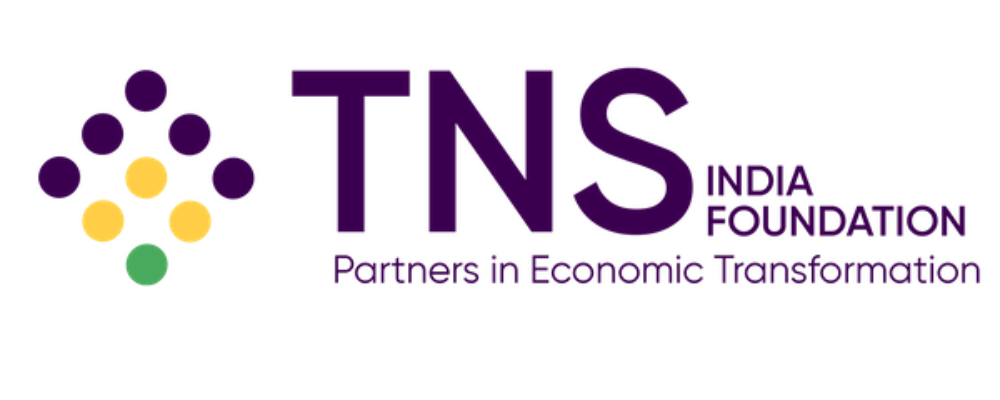Urban Livelihoods
URBAN LIVELIHOODS
Youth Skilling
India is said to have the world’s largest workforce by the year 2031. However, it is reported that the current unemployment rate in the economy is still approximately 6.4% (as of June 2022). Employability challenges are especially acute for youth from disadvantaged communities, which constitute an important segment of the rising workforce. The leading causes for youth unemployment include limited access to skills training, placement support, and career guidance; limited technical and cultural understanding required to integrate into the workforce successfully. The problem disproportionately affects youth from low-income settings, who face a range of obstacles to employment based on their networks, resources, educational options, and family backgrounds.
Our Youth Skilling and Employability intervention consists of programs designed to educate students and make them job-ready by developing their industry-relevant skills (varied industries) and their 21st-century skills, helping them secure their future in the formal sector workforce. Our skilling portfolio consists of the following programmatic interventions, under which we work with colleges to build their capacity and work with youth to build skills that make them employable for entry-level jobs in varied sectors:
- Campus to Financial Careers (C2FC): Readiness for tech-enabled financial careers in banks, financial service organizations, insurance companies, and financial technology companies; graduate education streams targeted include commerce, science (information technology), accounting and finance, and management studies.
- Campus to Financial Careers (C2FC): Readiness for tech-enabled financial careers in banks, financial service organizations, insurance companies, and financial technology companies; graduate education streams targeted include commerce, science (information technology), accounting and finance, and management studies.
- Campus to Industrial Careers (C2IC): Work with youth enrolled in Industrial Training Institutes (ITIs) and Polytechnics to build skills for jobs in and around the region’s local industries. Additional initiative on green skilling, relevant to the solar and electric vehicle industries.
- Campus to Technical Careers (C2TC): Readiness for technical jobs in the Information Technology (IT) and Information Technology Enabled Services (ITeS) sectors. Graduate education streams targeted include engineering, technology, commerce, and science.
- Campus to Digital Careers Program (C2DC): Readiness for jobs in varied Graduate education streams targeted include arts, commerce, and science.
Future Skills Program (FSP): Provides work readiness skills to undergraduate students in commerce, accounting & finance, and arts (economics) through a blended mode (25% in-person, 75% digital). The Learning Management System (LMS) supports students with tailored courses and assignments, while also enhancing faculty capabilities, building institutional capacity.
Urban
Entrepreneurship
Urban Entrepreneurship
The micro, small, and medium enterprises (MSME) sector has played a significant role in India’s growth through innovation, diversification, and employment generation. An estimated 63 million MSMEs in India contribute 37.54 percent of the gross domestic product (GDP), and employ nearly 110 million people. India has the potential to create over 30 million women-owned enterprises, of which 40% can be more than self-employment. According to a Google-Bain report in 2019, women only account for 20% of the total entrepreneurs in India. A part of the reason for slow growth of India’s entrepreneurial ecosystem is its failure to harness the potential of women as business leaders. They face issues as they lack access to capital, markets, information and networks to establish an enterprise. This also comes with lack of skills, knowledge and exposure to women.
To address the issues faced by urban women entrepreneurs TNS India Foundation has developed a high-touch business advisory and coaching program which aims to bridge the knowledge, skills and mindset gap for growth-constrained women-led SMEs. The main objectives of this program are to
- Improve management capacity by improving the technical and managerial capacities of SGB management teams through use of digital platforms for inventory management, ERP systems, etc.
- Improve tech-enabled processes and products by helping beneficiaries gain knowledge about the automations and technology which inturn can improve their product/service offerings which will help them compete more meaningfully in domestic and international markets.
- Support in creating robust business models by creating an advisory support in developing realistic and forward-looking business models, and testing them to arrive at the right product-market fit.
-
- Providing help to access credit for operational scale-up and financial viability by equipping beneficiaries with adequate knowledge about the businesses to access credit to scale up business operations, capture large market share and attain financial visibility which also helps them gain transition to digital banking and book-keeping systems which can boost their creditworthiness.
Our entrepreneurship approach goes beyond training and skilling to ensure tangible outcomes for beneficiaries. We target relatively small numbers of carefully-selected entrepreneurs, and we provide them with intensive training. This individual support is critical to the success of a new or budding enterprise, and ensures that training translates to improved practices, stronger businesses, and improved incomes for women and their families.

